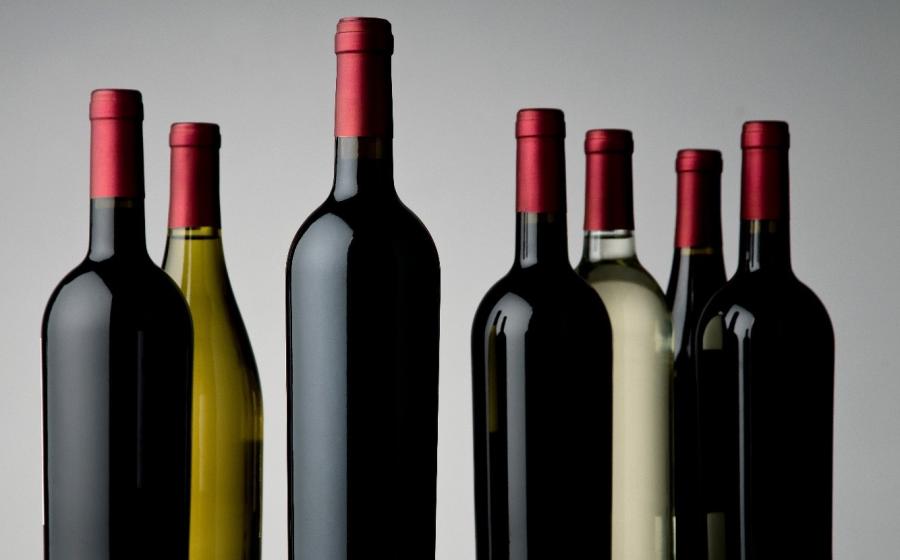
Alternative packaging in the beverage industry, especially the alcoholic beverage industry, has been received with dissent. The resistance, or rather, reluctance of the customer base to accept significant changes has been backed by an almost blind love for glass bottles. While cans and “wine-in-a-box” options have also positioned themselves in the market by dint of cost and convenience, they are still only second to the classic glass bottles that one wishes to showcase in their home bar.
This forceful and continuous rejection has recently mellowed due to a growing awareness of sustainability and changing international laws and local regulations.
Although the heavy glass bottles symbolize grandeur and are easy to recycle, they are expensive to ship.
To combat the rife prevalence of inconvenient, non-biodegradable alcohol packaging, a few big names have placed new products and/or product packaging, incorporating sustainable materials and designs, on the market.
Johnnie Walker by Diageo
The Johnnie Walker paper-based bottle (link https://www.packagingconnections.com/news/johnnie-walkers-parent-firm-diageo-doubles-down-sustainability-paper-based-bottle.htm) launched in 2021 is made from sustainably-sourced wood pulp. It is sourced from certifiable renewable sources, made using renewable energy, is recyclable and has an overall lower carbon footprint than typical spirits bottles. It is also 75% lighter.
Other Sustainable Options and Alternatives:
1. Cellulose Fiber Solutions: Similar to the Johnnie Walker product, these bottle use layers of recycled paperboard which are fused together with a water-based glue. This bottle design is 94% chemical-free. It is also resistant to humidity and spills and can survive up to a 5-foot drop without breaking. Beverages stored in a such a bottle can supposably be safely preserved for 12 months. The container is lined with a polyethylene metalized polyester laminate film which can be removed for recycling purposes.
2. rPET: rPET is a BPA-free and food-safe plastic and creates a container that is 87% lighter than glass. The shelf life is estimated to be around 21 months.
Circular Systems: Some brands have initiated a returnable bottle system that allows buyers to drop-off used, empty bottles at collections bins. Reusability is targeted at 10 uses per bottle.

